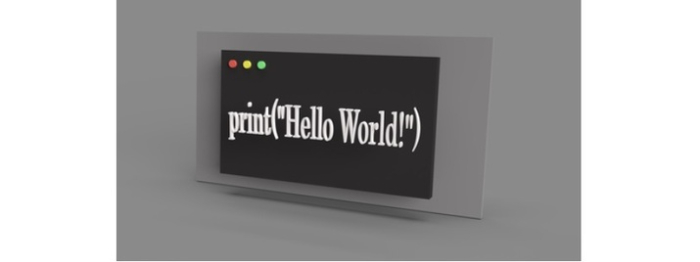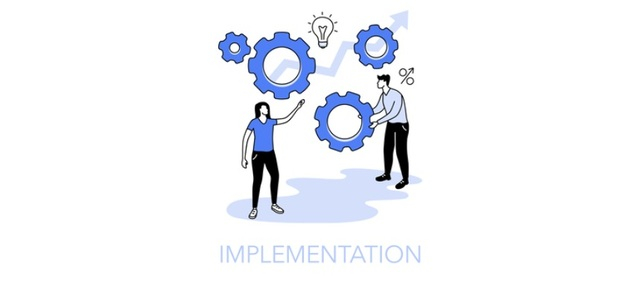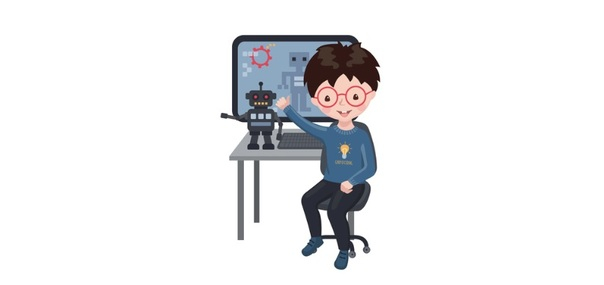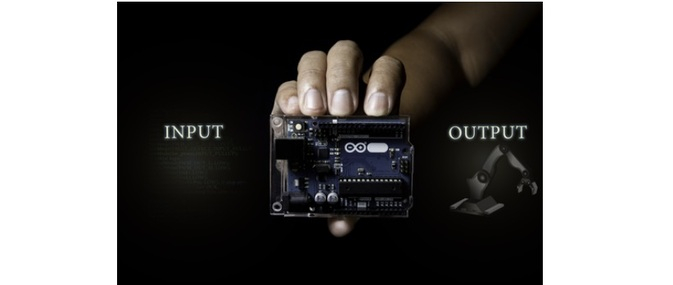
 Data Structure
Data Structure Networking
Networking RDBMS
RDBMS Operating System
Operating System Java
Java MS Excel
MS Excel iOS
iOS HTML
HTML CSS
CSS Android
Android Python
Python C Programming
C Programming C++
C++ C#
C# MongoDB
MongoDB MySQL
MySQL Javascript
Javascript PHP
PHP
- Selected Reading
- UPSC IAS Exams Notes
- Developer's Best Practices
- Questions and Answers
- Effective Resume Writing
- HR Interview Questions
- Computer Glossary
- Who is Who
How is Python helpful for electronics engineering?
In this article, we'll look at how the Python programming language can help people who are studying electronics engineering.
Do you want to know how Python can aid electronics engineers? You've come to the right place; keep reading to learn more.
In today's fast? changing world, the IT business is always a trending market. Programming is one of the many skills required to be successful in the IT industry. There are numerous programming languages that are used for a variety of purposes.
Python is a trendy programming language that is known for its versatility and can be learned and deployed by anyone, regardless of field. Error detection is simple, code reuse is possible, and the readability is very clear.
What? Electronic engineers require Python as well. Yes, that's correct. As an Electronics engineer, using a programming language makes a big impact.
As an Electronics engineer, using a programming language makes a big impact. A bit of coding logic with a good control system makes the subject more exciting and interesting.
Even if you're an Electronic engineer, you'll be learning VHDL, a programming language for working with integrated circuits. A programming language provides a greater understanding of logical, structured, and ordered thinking. Do you want to know how? Let's get started.
Reasons Why Electronics Engineers Should Learn and Use Python
There are numerous languages available, but why choose Python? Listed below are a few benefits of utilizing Python in your projects for enhanced performance and business growth.
Power and Control
Python, unlike any other programming language, is extremely efficient and simple to learn. Python is quite robust, and memory management is another advantage. With all of the hardware and construction already held up, handling and thinking about memory will be a strain for Electronics engineers, which is handled by Python.

Python has memory management that keeps track of the correct amount of allocated and de? allocated memory. This is all done in the background with no manual intervention/operations.
Python on hardware and circuits, as well as analysis, gives you good control over the software mechanism and may help you get better outcomes.
Simple and Flexible
You might be wondering what a programming language will perform in the presence of a microprocessor. Python is capable of handling this task well. Python can make the process smooth and easy by including complex calculations and functionality.

As an Electronics engineer, Python brings up a world of possibilities such as file parsing, design automation, data science, and so on. You will be flexible enough to learn about databases, web servers, multiple libraries, and so on.
Easy Implementation
Without any prior programming skills, both theoretical and practical, one can begin to learn Python and apply it in their applications. When compared to other languages such as Java,.NET, and others, the functions, classes, objects, loops, and overall syntax are quite simple.

There are a number of Electronics projects that are both easy to maintain and successfully meet their needs with the help of Python.
Adaptable
Even if you are an Electronics engineer, knowing a programming language such as Python allows you to work on your project more simply because you can manage both hardware and software difficulties on your own.

Python is platform ? independent and may be run on any editor. When compared to Java, there are fewer topics and very less lines of code. Python is a programming language that is designed to address a wide range of problems and will be the most effective in increasing a company's productivity and overall revenue.
Better Outputs
According to Python, it is now employed in all applications since it produces better and faster outcomes with the given inputs. As We said earlier, successful Electronics projects utilizing Python are now accessible. Micro python, for example, is a Python implementation that runs on hardware such as microcontrollers used by Electronics engineers.

The way it works is that you simply write scripts to test the sensors and then attach them to the controllers; after a full detailing, it displays any errors to fix. In this manner, when you show your client a test, it may be done as a demo, and the product can be delivered ahead of the deadline.
The Battery Charge Curve is another application. You can determine the battery life of your product using Python. Isn't that awesome? Yes, Many applications can be made with Python that are really useful.
Conclusion
If you are interested in programming, don't feel like you are deviating from your chosen subject; instead, learn them and discover how you can apply logic programming thought to your real field.
Working on circuits and microprocessors will be simple if you are familiar with programming languages and can develop and comprehend logic on your own. I understand that programming is quite different from hardware and networking analysis, however, the basic logic of the same concept or theme stays the same.

